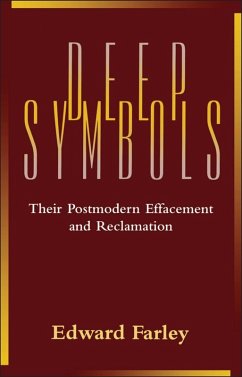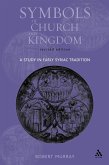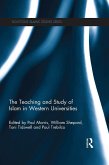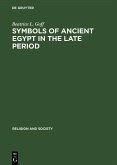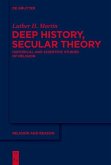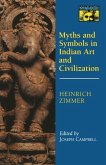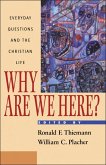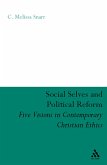Here is an absorbing and exceptionally perceptive account of how deep symbols or words of power (which tend to be a culture's normaltive language) have undergone diminishment in a contemporary postmodern society. Edward Farley explains that such diminishment does not necessarily imply their demise since traces of these symbols remain and invite their rethinking.
Two introductory chapters spell out the character and prospect of deep symbols in postmodern society. Then follow five chapters, each of which considers a particular deep symbol: tradition, obligation (duty), reality, law, and hope. A concluding chapter shows the structural entanglement of these symbols with each other and their relation to the sacred and the interhuman.
From the opening chapter- "Words of power, that is, deep and enduring symbols that shape the values of a society and guide the life of faith, morality, and action are subject to powerful forces of discreditation and even disenchantment. If this is so, we must find ways to recover their power or live without them."
Edward Farley is Professor of Theology at Vanderbilt University and the author of many books, including Good and Evil: Interpreting a Human Condition.
Two introductory chapters spell out the character and prospect of deep symbols in postmodern society. Then follow five chapters, each of which considers a particular deep symbol: tradition, obligation (duty), reality, law, and hope. A concluding chapter shows the structural entanglement of these symbols with each other and their relation to the sacred and the interhuman.
From the opening chapter- "Words of power, that is, deep and enduring symbols that shape the values of a society and guide the life of faith, morality, and action are subject to powerful forces of discreditation and even disenchantment. If this is so, we must find ways to recover their power or live without them."
Edward Farley is Professor of Theology at Vanderbilt University and the author of many books, including Good and Evil: Interpreting a Human Condition.

